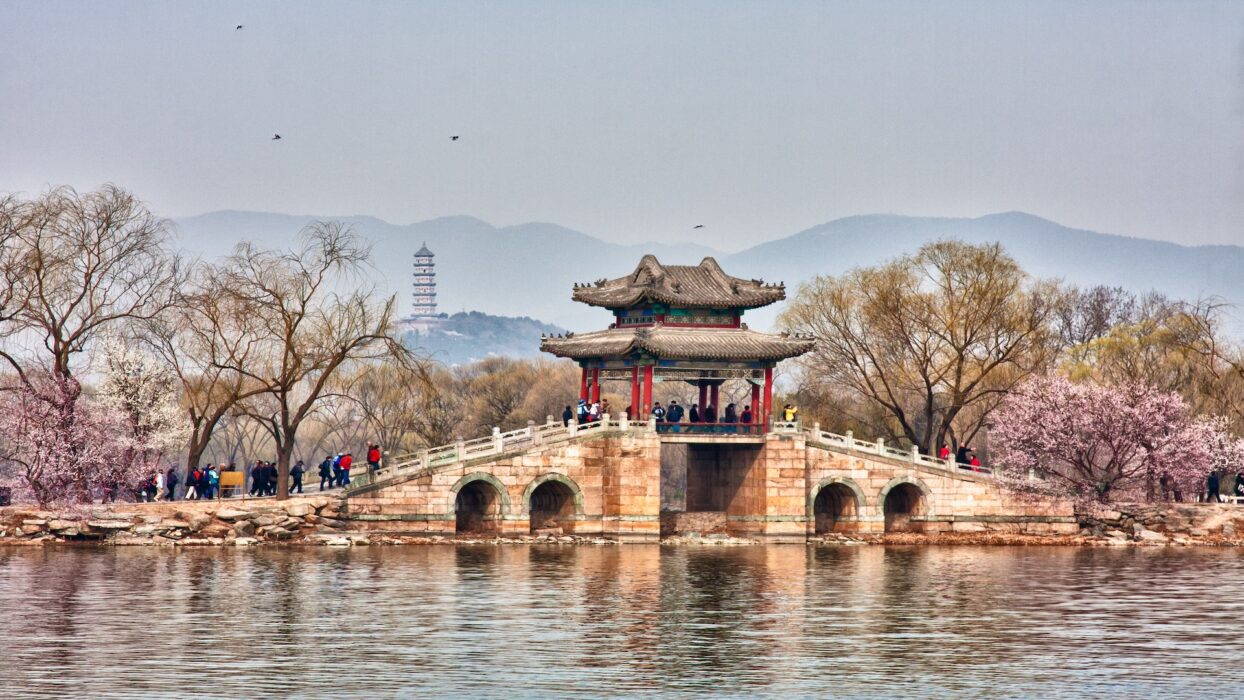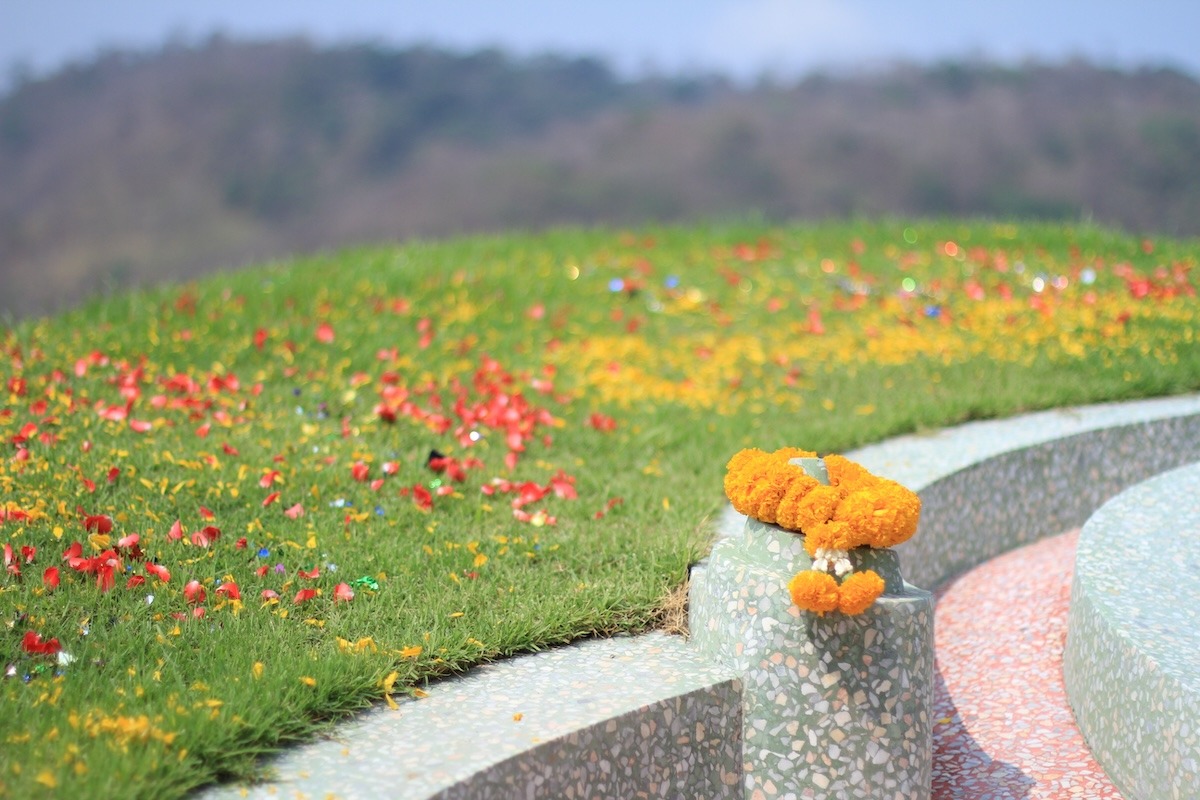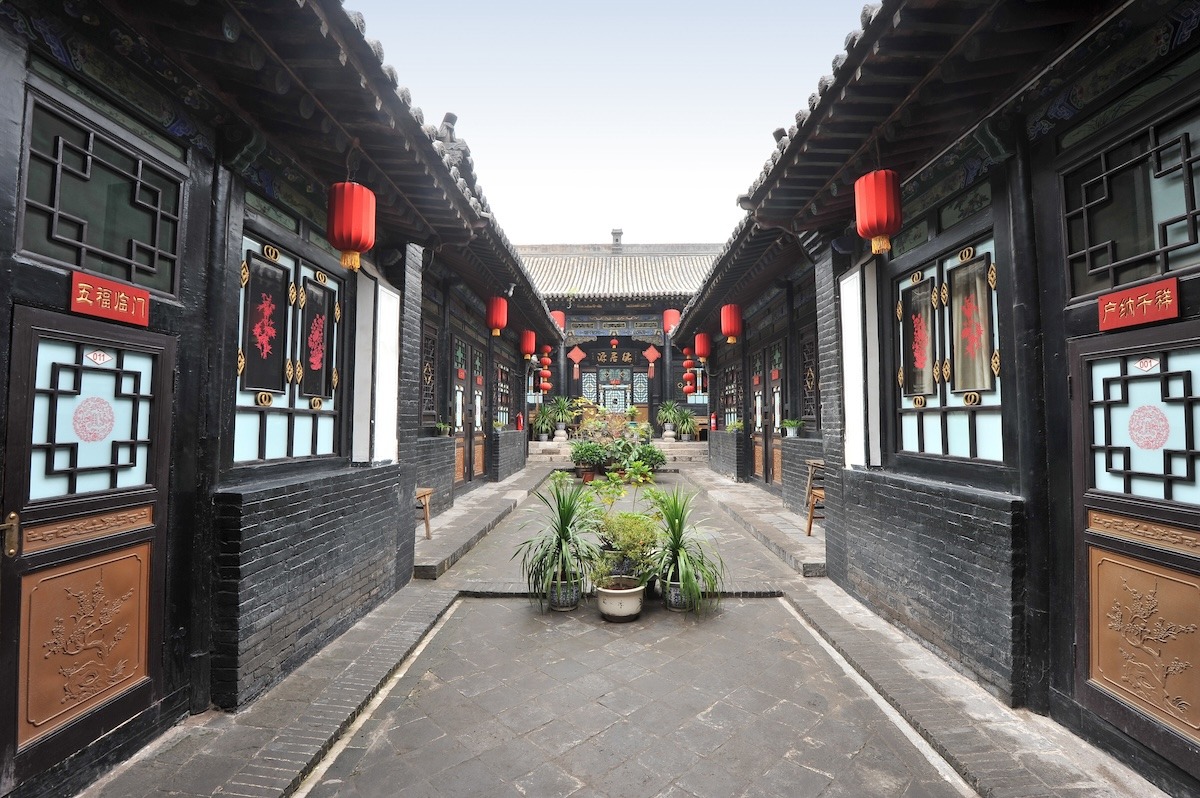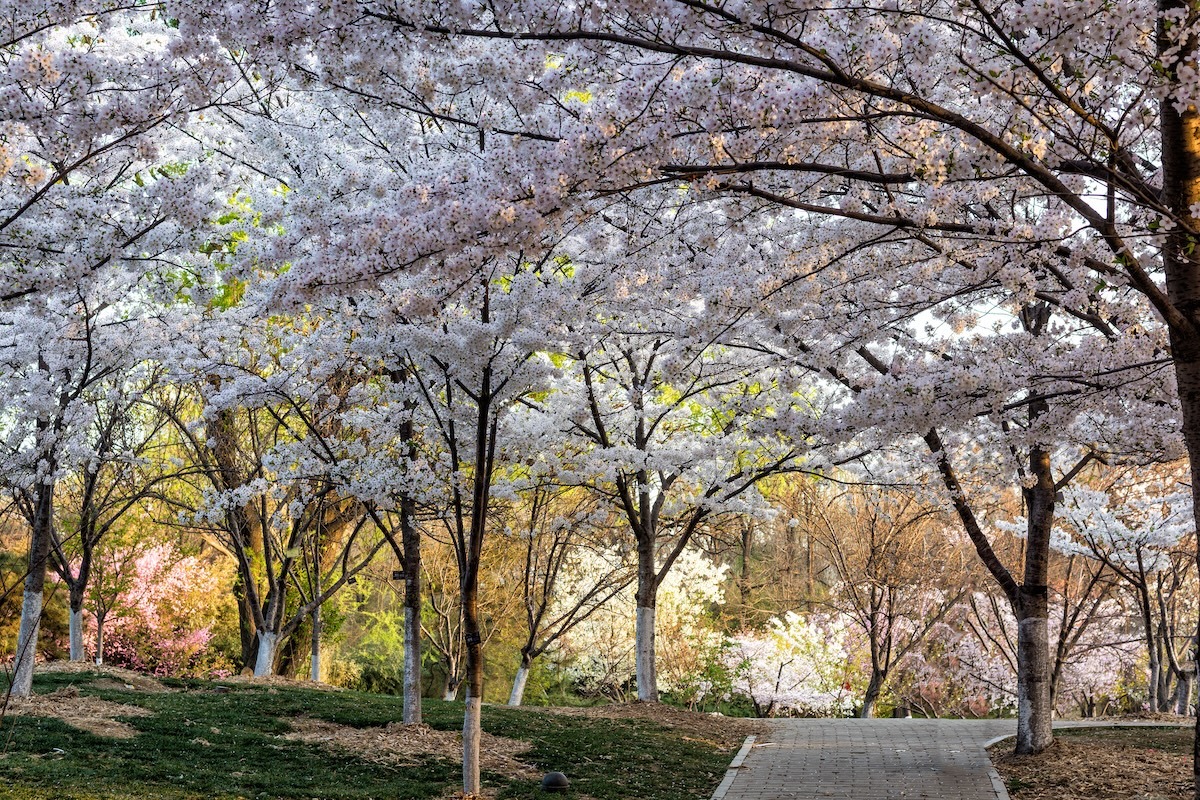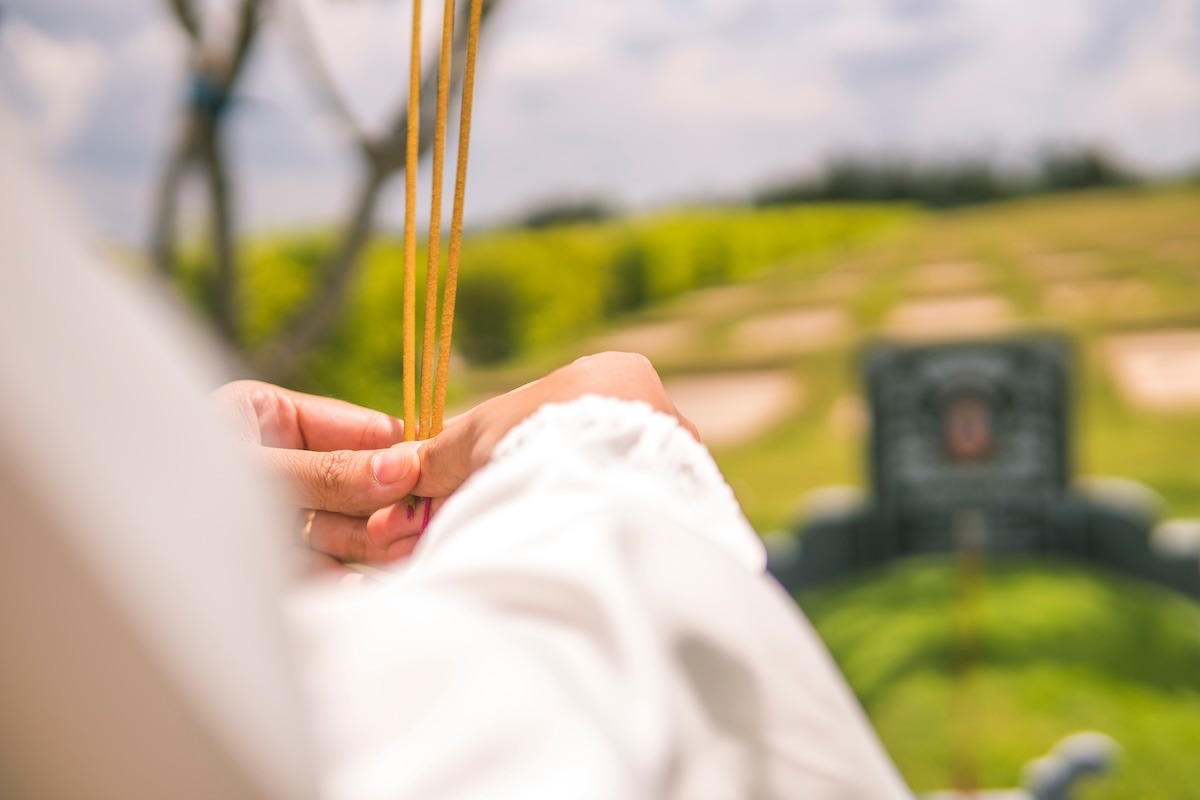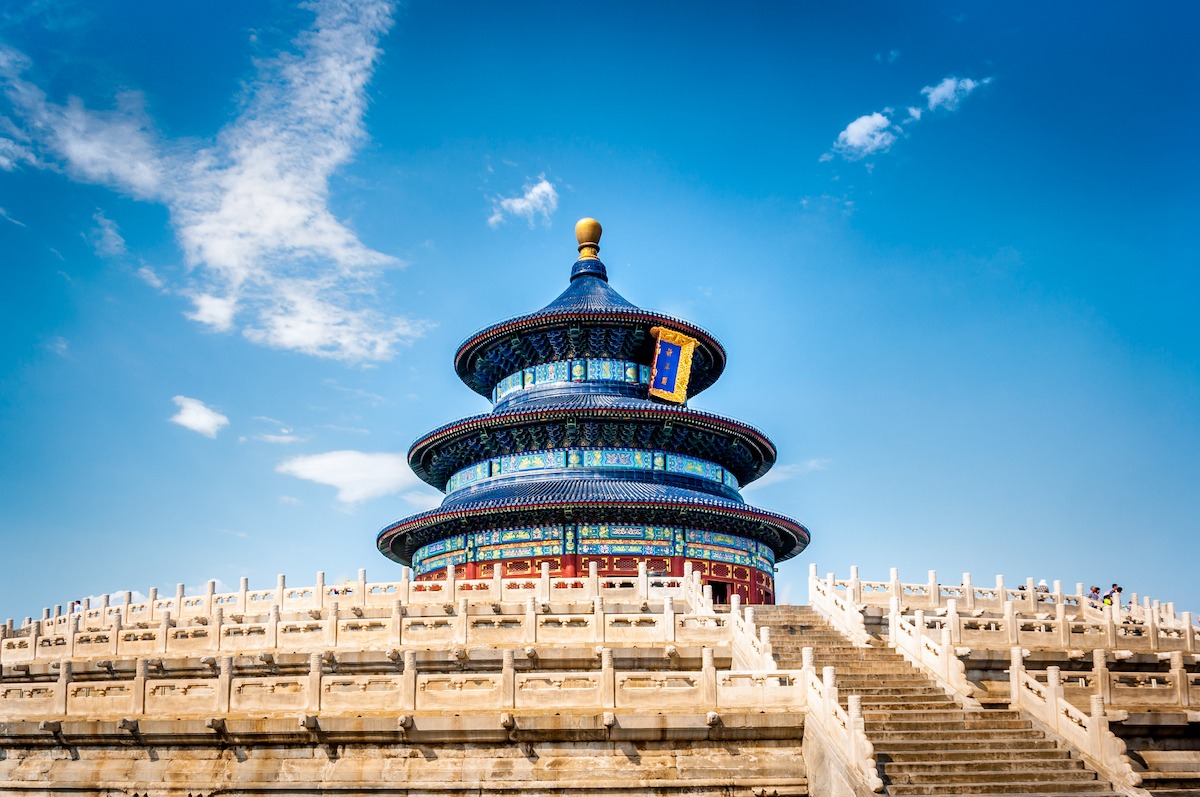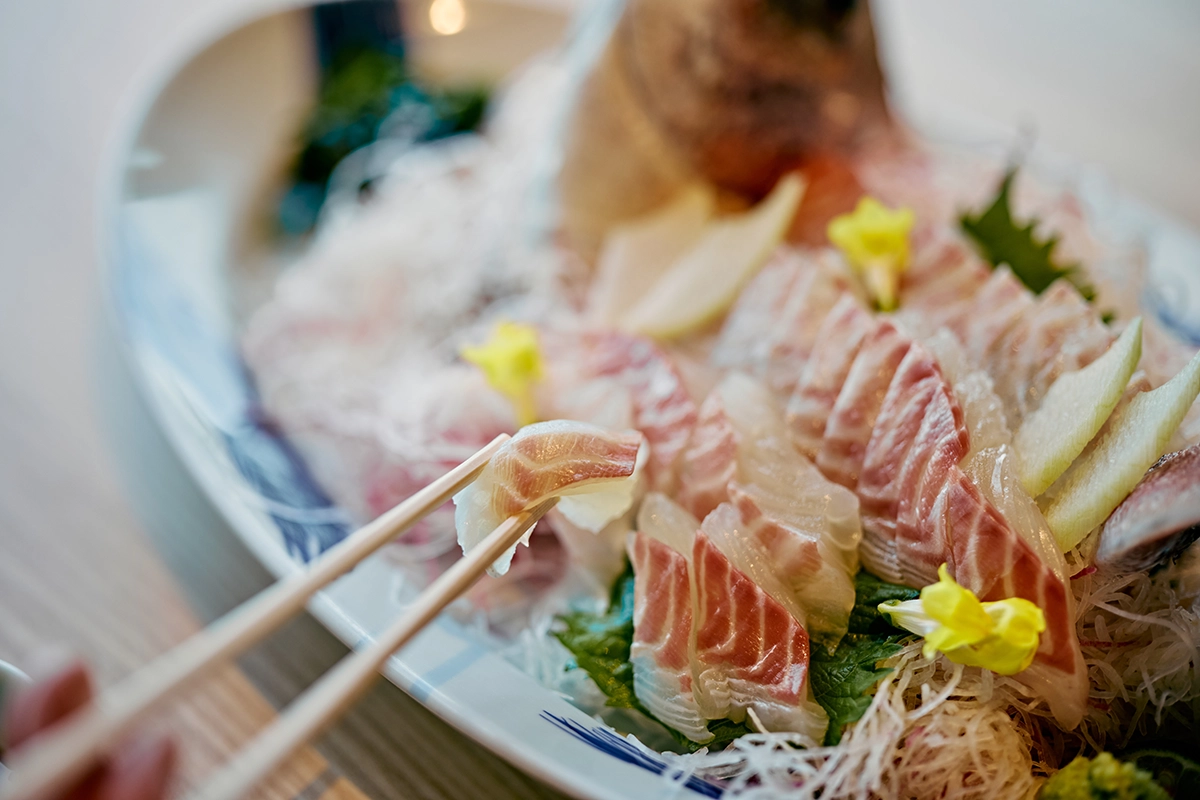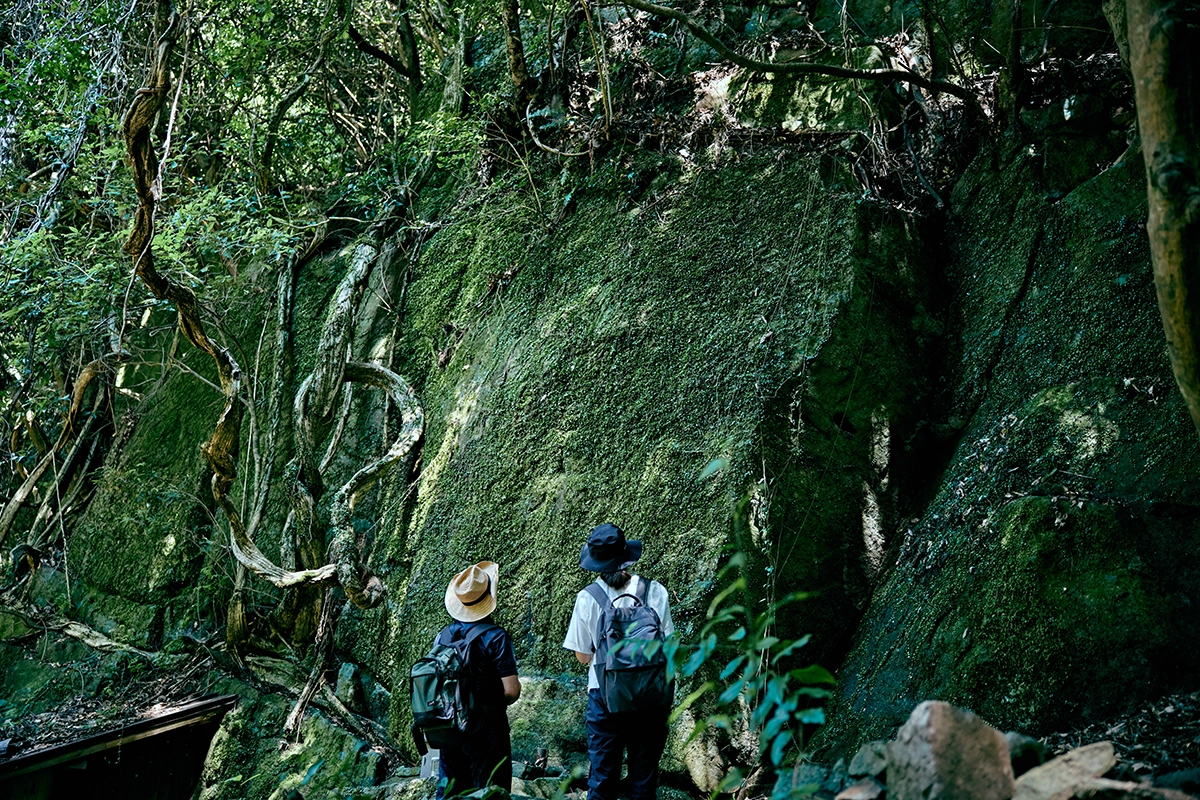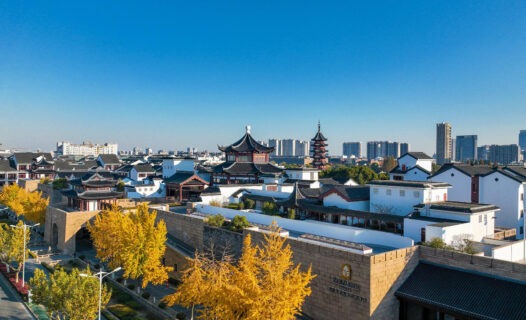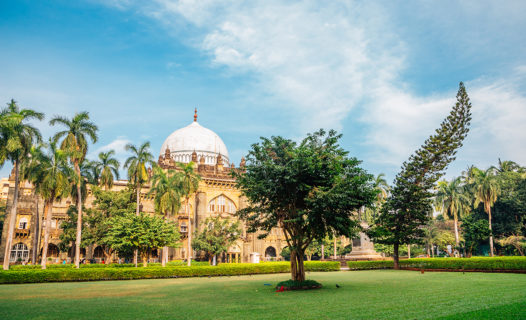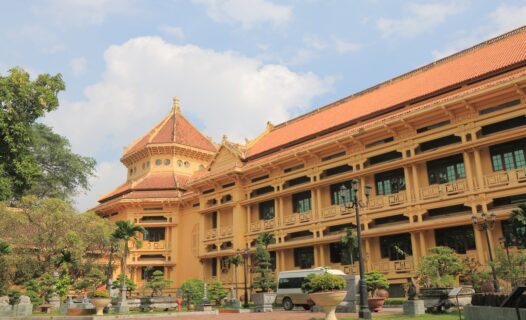The Qingming Festival, also known as Tomb-Sweeping Day, is a time of remembrance, respect, and renewal. In Beijing, the festival offers a unique blend of cultural heritage exploration and natural beauty as thousands of cherry trees bloom across the city. This guide takes you through how to commemorate this special festival in 2024, from participating in ancient rituals to enjoying the scenic beauty of cherry blossoms.
Understanding the Qingming Festival
The Qingming Festival, observed on April 4th in 2024, holds a venerable place in the heart of Chinese culture and tradition. Also known as Tomb Sweeping Day, it is a day marked by reverence, memory, and the celebration of life. It provides a profound connection to the past, allowing families to honor their ancestors in a series of rituals that are steeped in centuries of history.
This festival’s roots trace back over 2,500 years, during the Zhou Dynasty, making it one of the oldest observances in Chinese society. The name ‘Qingming’ itself encapsulates its essence, translating to ‘clear bright’, symbolizing the blooming of spring and the awakening of life. This period encourages the appreciation of life’s cyclical nature and the impermanence of existence, themes deeply embedded in Taoist and Buddhist philosophies prevalent in Chinese culture.
On Qingming, families across China venture to cemeteries and burial grounds to engage in tomb-sweeping activities. This involves clearing weeds, cleaning the tombstones, and decorating them with fresh flowers. It is believed that such acts of care ensure the peace and happiness of the ancestors in the afterlife. Families also make offerings of food and burn incense and joss paper — a symbolic currency for the afterlife — to ensure their ancestors lack nothing in their next existence.
However, Qingming is not solely a day of solemn remembrance; it is also a celebration of spring. Many also take this opportunity for spring outings — or ‘Ta Qing’ — to enjoy nature’s rejuvenation. Kite flying is another popular activity, with many kites carrying lanterns into the night sky, symbolizing the guiding of lost spirits back to the afterlife.
The festival also sees a variety of traditional foods being prepared, chief among them Qingtuan — a sweet green dumpling made of glutinous rice and barley grass. Eating Qingtuan was historically believed to prevent diseases and evil, symbolizing health and prosperity for the coming year.
Accommodations for Qingming Festival
As Beijing welcomes visitors coming to participate in the Qingming Festival, finding the right accommodation is crucial for an immersive experience. The city offers a plethora of options catering to various preferences and budgets. Whether you’re seeking a luxurious stay amidst the cherry blossoms or a quaint guesthouse that gives you a taste of local life, Beijing has it all. Here’s a guide to help you choose the perfect stay during the festival:
Luxury Hotels with Cherry Blossom Views: For those looking to indulge in the beauty of the cherry blossoms from the comfort of their room, several luxury hotels in proximity to Yuyuantan Park and other cherry blossom spots offer magnificent views. These hotels not only provide exceptional service and amenities but also arrange special Qingming-themed events and dinners, making your stay culturally enriching.
Traditional Courtyard Guesthouses: To truly immerse yourself in the spirit of Qingming and experience authentic Beijing culture, staying in a traditional courtyard guesthouse, or ‘Siheyuan’, is highly recommended. These accommodations, located in the hutongs near the Forbidden City and other historic sites, offer a unique blend of heritage and tranquility, away from the city’s hustle and bustle. Many guesthouses also organize cultural workshops around Qingming traditions such as kite making or offering local Qingtuan tastings.
Boutique Hotels and Themed Accommodations: For a personalized experience, Beijing’s boutique hotels and themed accommodations provide stylish and intimate settings. From art-centric hotels showcasing local talent to accommodations inspired by traditional Chinese aesthetics, these places offer a unique and memorable stay. They often feature special packages for Qingming, including guided tours to tomb-sweeping sites and cherry blossom spots.
Eco-Friendly and Sustainable Stays: For eco-conscious travelers, Beijing offers eco-friendly hotels and sustainable accommodations committed to reducing their environmental impact. These places often use energy-efficient practices and offer organic food options. Staying at such properties during Qingming allows visitors to align with the festival’s spirit of honoring and preserving nature.
Booking Your Stay: With the Qingming Festival being a popular time to visit Beijing, it’s advisable to book accommodations well in advance to secure the best spots. Consider your itinerary, proximity to the festival’s main activities, and personal preferences when making your choice. For the best deals and a wide range of options, Agoda.com offers a comprehensive selection of accommodations to suit every traveler’s needs during the Qingming Festival in Beijing.
Where to Experience Cherry Blossoms in Beijing
As the Qingming Festival ushers in the warmth of spring, Beijing transforms under a spectacular canopy of cherry blossoms. These ephemeral blooms symbolize renewal and the fleeting nature of life, resonating deeply with the ethos of Qingming. The city boasts several prime locations for witnessing this magnificent natural display, turning the act of viewing cherry blossoms, or ‘Hanami’, into a much-anticipated ritual for locals and visitors alike.
Yuyuantan Park: This park is perhaps the most famed cherry blossom viewing spot in Beijing. Home to over 2,000 cherry trees, Yuyuantan Park’s diverse varieties, some of which were gifts from Japan, create a breathtaking palette of colors. The Cherry Blossom Festival held here from late March to early April provides an immersive experience with cultural performances and food stalls, making it a perfect family outing destination. The serene view of cherry blossoms reflecting off the lake’s surface is a sight to behold, especially from the iconic Diaoyutai State Guesthouse.
The Summer Palace: Steeped in history, the Summer Palace offers a backdrop of ancient architecture and tranquil landscapes against the vibrant cherry blossoms. Walking through the Long Corridor with views of Kunming Lake, visitors can enjoy the blend of natural beauty with historical grandeur. The contrast of pink blossoms against the aged red walls of the palace compounds creates a mesmerizing effect that captivates photographers and nature lovers alike.
Beijing Botanical Garden: Nestled against the backdrop of the Western Hills, the Beijing Botanical Garden presents a different cherry blossom experience. The garden houses a wide variety of cherry trees that bloom in a succession of colors and types, ensuring a longer viewing period. The conservatory and historical temples within the garden provide a unique blend of horticultural diversity and cultural richness, inviting visitors to explore and discover at their pace.
Xiangshan (Fragrant Hills) Park: For those preferring a more untamed setting, Xiangshan Park offers cherry blossoms amidst its natural woodland landscape. The park, famous for its autumnal red leaves, also presents a splendid cherry blossom scene in spring, with winding paths leading through clusters of blooming trees. Viewing the blossoms here combines a hike with the serene pleasure of Hanami, perfect for those looking to combine physical activity with aesthetic enjoyment.
Participating in Qingming Traditions
Participating in the Qingming Festival goes beyond mere observation; it’s an immersive experience that allows individuals to connect with the profound customs and rich traditions of this significant holiday. The festival, deeply rooted in Confucian values, emphasizes filial piety and the reverence of ancestors, guiding participants through rituals that are both intimate and communal. Here, we explore some of the core traditions that define Qingming and offer ways for people to engage meaningfully with this cultural heritage.
Tomb Sweeping and Ancestral Worship: At the heart of the Qingming Festival is the practice of tomb sweeping (‘Qingming’ in Chinese), where families visit the gravesites of their ancestors to clean and maintain them. This act of care is believed to connect the living with their departed relatives, ensuring their peace and contentment in the afterlife. Offerings of food, tea, and wine, along with joss sticks (incense), are laid out before the tombstones as expressions of respect and remembrance. In some cases, paper replicas of money, clothes, and other goods are burned as offerings to provide for the ancestors’ needs in the afterworld.
Flying Kites with Messages: A unique tradition during Qingming is flying kites, often done in the afternoon or evening. Many believe that flying kites can help eliminate diseases and bring health to the family. Sometimes, people attach small lanterns or messages to the kites before cutting them loose, symbolizing the release of trouble and the sending of blessings to their ancestors. This visually striking activity transforms the skies over parks and open spaces in Beijing, creating a reflective yet celebratory atmosphere.
Qingtuan and Seasonal Foods: Culinary traditions play a significant role in Qingming, with families preparing and sharing seasonal foods. Qingtuan, a sweet green glutinous rice ball colored with barley grass and filled with red bean paste, is the hallmark treat of the festival. It embodies the essence of spring and is believed to bring health and protection against evil spirits. Sharing these and other dishes such as boiled eggs dyed with natural colors reaffirms family bonds and celebrates the renewal of life that spring brings.
Reflecting on Heritage and Values: Beyond the rituals and the festive atmosphere lies the opportunity for reflection on the values of kinship, continuity, and respect that Qingming embodies. Engaging in dialogues about family history, visiting memorials, or even documenting family stories can be a way for individuals and families to honor the spirit of Qingming. It’s a time to contemplate the sacrifices of previous generations and to instill a sense of belonging and identity among the younger members.
Cultural Heritage Sites to Explore
Beijing is home to several UNESCO World Heritage Sites, which offer insights into China’s vast history. During Qingming, explore the Forbidden City, the Temple of Heaven, and more, to delve into the country’s rich past.
Prepare for an unforgettable experience as you plan your journey to Beijing for the Qingming Festival in 2024. Embrace the beauty, participate in age-old traditions, and make memories that will last a lifetime.

